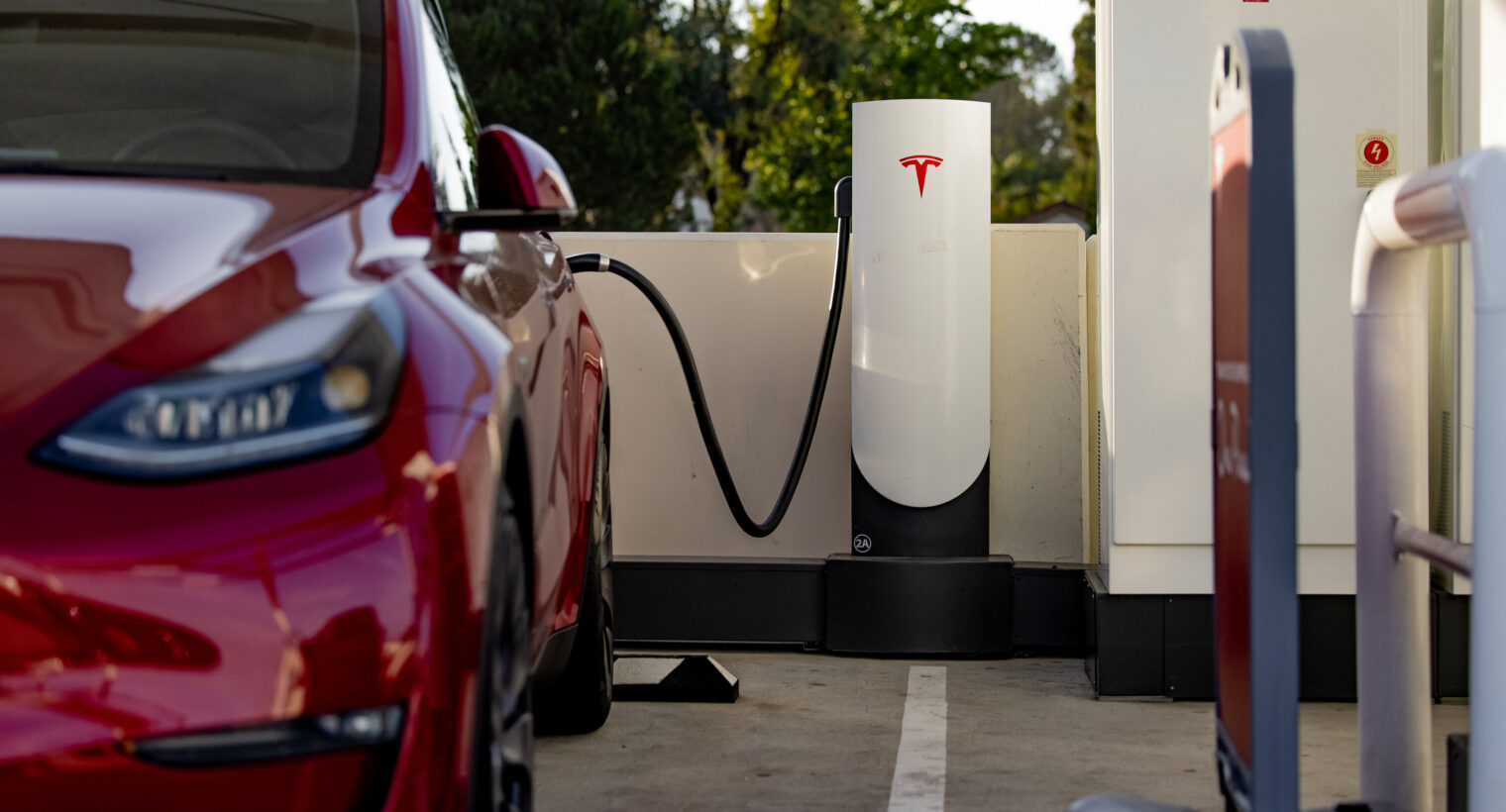This article is your complete guide to finding out what the average electric car efficiency is. One of the biggest advantages of an EV is the low cost of running the car. Trying to figure out how much you can save with an EV will determine how efficient the car’s battery is. So what is the average electric car efficiency? On average, most modern EVs have an efficiency of 3 – 3.5mph per kWh. As we dissect this number, we will take a more comprehensive look at electric vehicle (EV) efficiency and how it will benefit you.
Here at The Energy Professor, we want to give you the information you need to not only save money on your energy bill but to also become more energy efficient. We hope find this post helpful! And makes it easier for you to know more about electric car efficiency. Be sure to also check out our one-of-a-kind energy savings calculator!
The Energy Professor Electricity Rate Check Tool
Average Electric Vehicle Efficiency
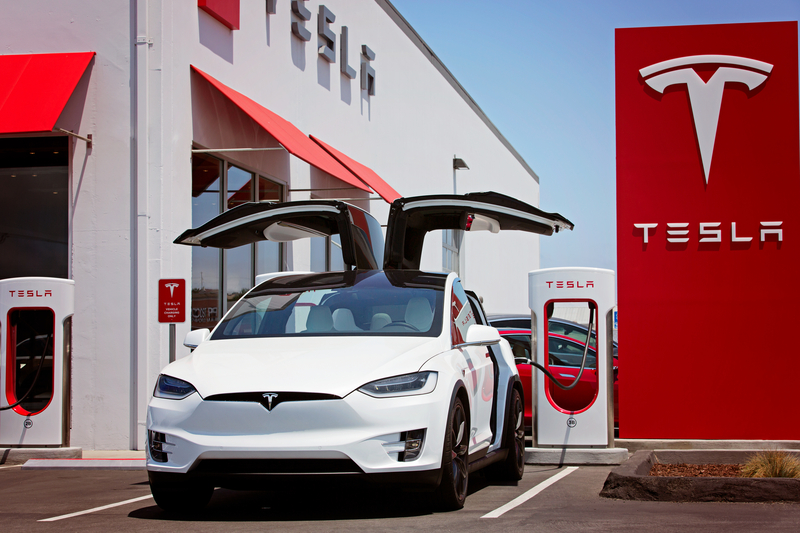
On average, most modern EV efficiency is 3 – 3.5mph per kWh. The efficiency of electric cars is often measured differently than that of traditional gasoline vehicles. Instead of miles per gallon (mpg), electric cars are evaluated based on how far they can travel on a certain amount of electricity. This is measured and more commonly known as kilowatt-hours (kWh). The higher the miles per kWh, the more efficient your car is.
Most Efficient Electric Car
- Tesla Model 3
- Hyundai Ioniq Electric
When it comes to the most efficient electric cars, models like the Tesla Model 3 and Hyundai Ioniq Electric often come out on top. These vehicles can travel over 4 miles per kWh. Making them some of the most efficient electric vehicles on the market today. Their efficiency is a testament to how far EV technology has come and continues to improve!
Related Post: How Much Does it Cost to Charge a Tesla?
Average Energy Consumption of Electric Cars
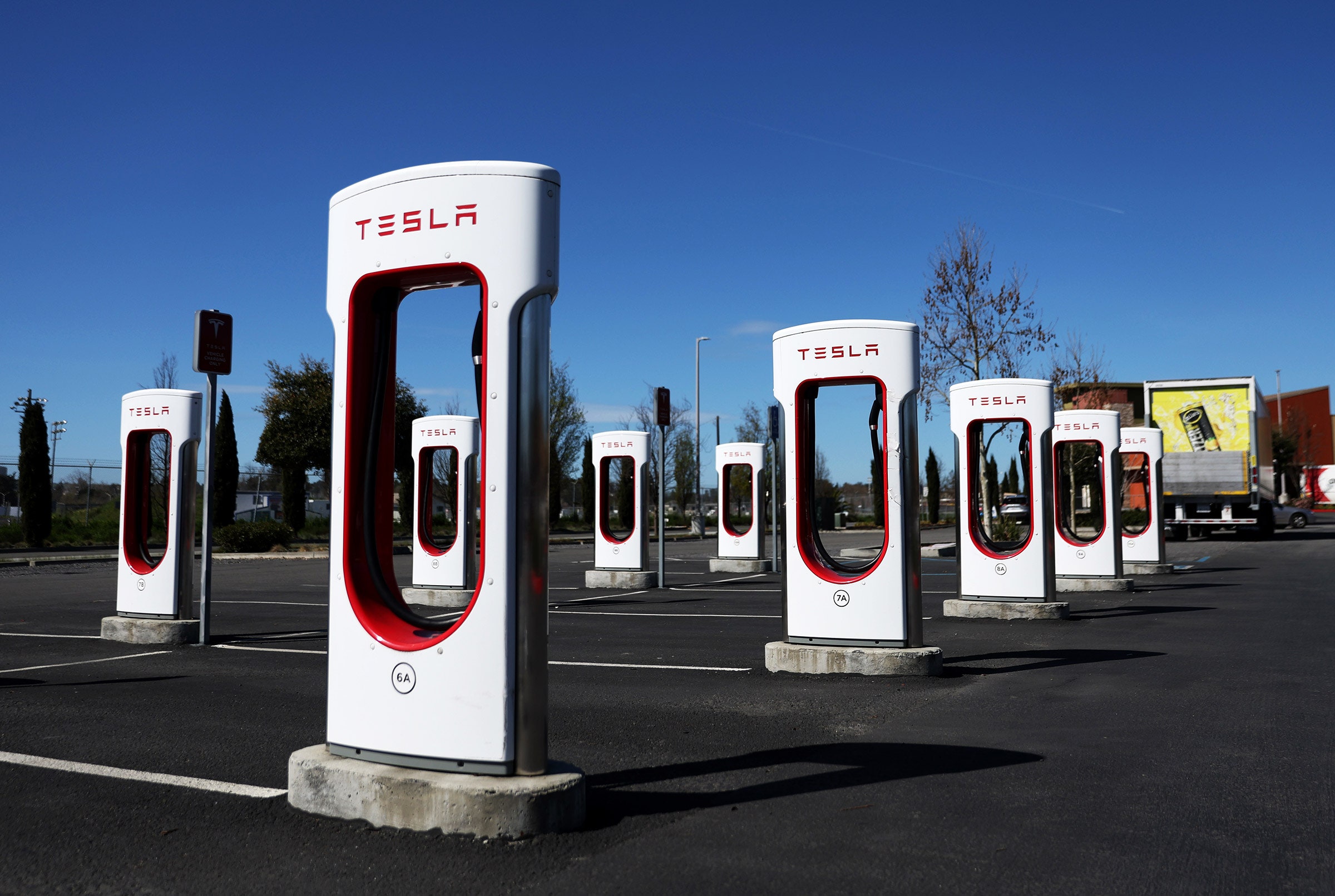
Understanding the average electric car consumption is crucial to understanding their efficiency. On average, EVs consume between 15 to 20 kWh to travel 100 miles, which is significantly lower than the energy consumption of gasoline cars. Now when you compare that to the price it costs to charge the car, it is significantly cheaper than a traditional gas car. For instance, a Tesla Model 3 with a 50 kWh battery may cost around $6.50 to fully charge. While the average driver spends about $49 on a tank of gas.
How Long Does an Electric Car Take to Charge?
- 30 – 60min
The charging time for an electric car can vary greatly depending on the battery’s size and the charging station’s speed. Typically, a home charger can fully charge an EV overnight, while rapid charging stations can provide 80% charge in 30 minutes to an hour.
Related Post: Tesla Charging Rates by Model
Do Electric Cars Have Emissions?
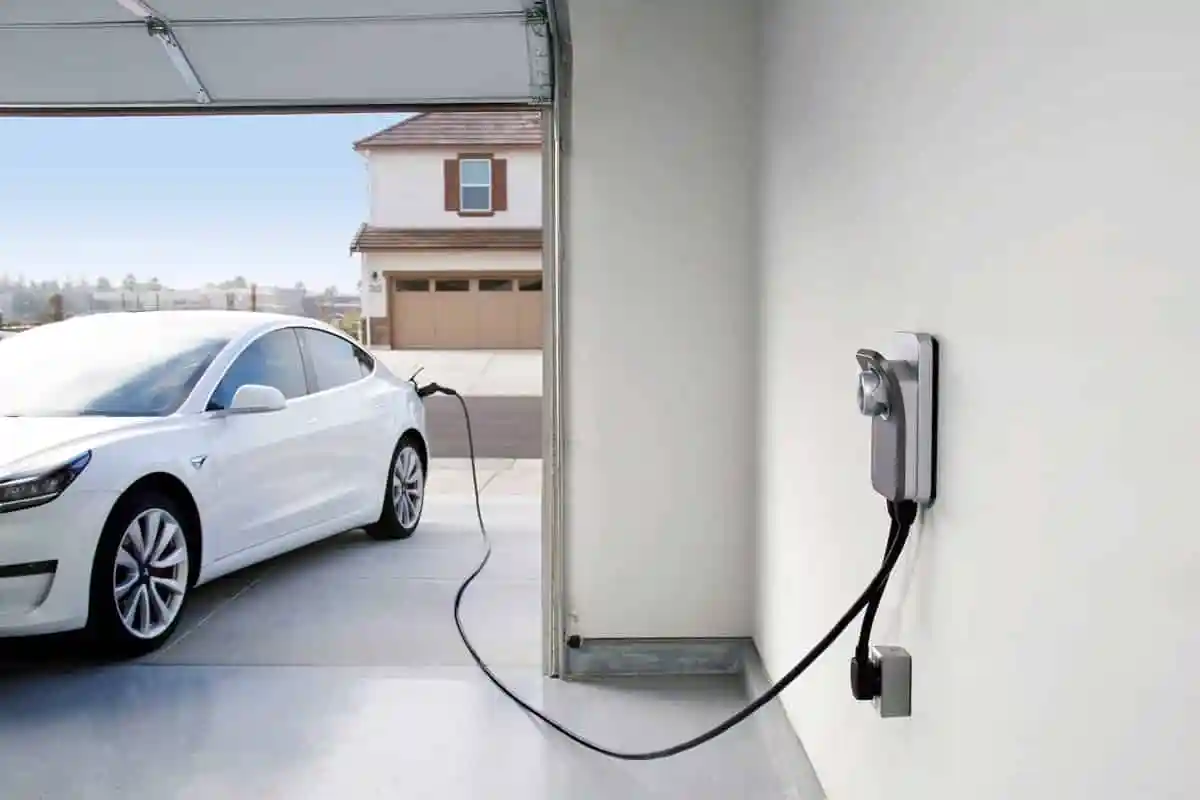
No, electric vehicles do not emit any air pollutants. This is one of the most significant benefits of electric cars is their zero tailpipe emissions. However, it’s essential to consider the source of the electricity used to charge them. If you want to eliminate emissions completely with your EV, it’s best to use solar panels to charge your car. These can either be attached to your home or at a charging station that utilizes a solar system!
How Bad Are Electric Cars for the Environment?
While electric cars themselves produce no emissions, the overall environmental impact depends on how the electricity is generated. In regions where electricity comes from renewable sources, EVs have a minimal environmental footprint. Conversely, in areas reliant on coal or natural gas, the environmental benefits are reduced but still generally better than traditional vehicles.
Related Post: Solar Panel Pros & Cons
What Affects Electric Vehicle Efficiency?
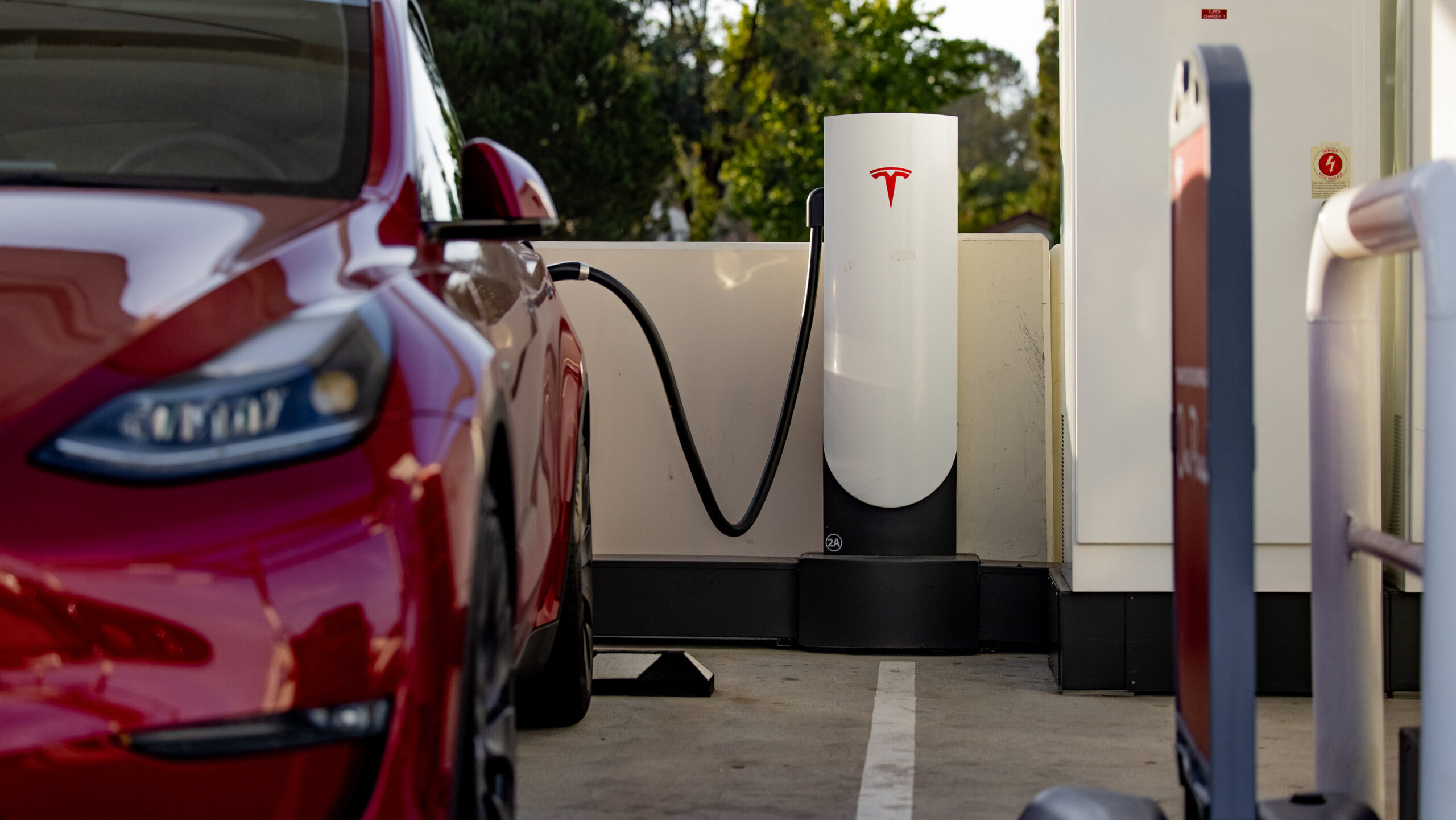
There isn’t one main thing that will impact the efficiency of an electric vehicle. It all comes down to how you use the car, how you charge, and other factors. Some of the more common factors that can influence the efficiency of an electric car include driving habits, vehicle design, and external conditions like temperature.
How Can You Increase the Efficiency of an EV?
You can maximize your EV’s efficiency by maintaining proper tire pressure, utilizing regenerative braking features, and minimizing unnecessary weight. Additionally, driving at steady speeds and avoiding rapid acceleration can significantly improve efficiency.
Related Post: Do Teslas Hold Their Value?
Benefits of Driving Electric Cars on the Environment?
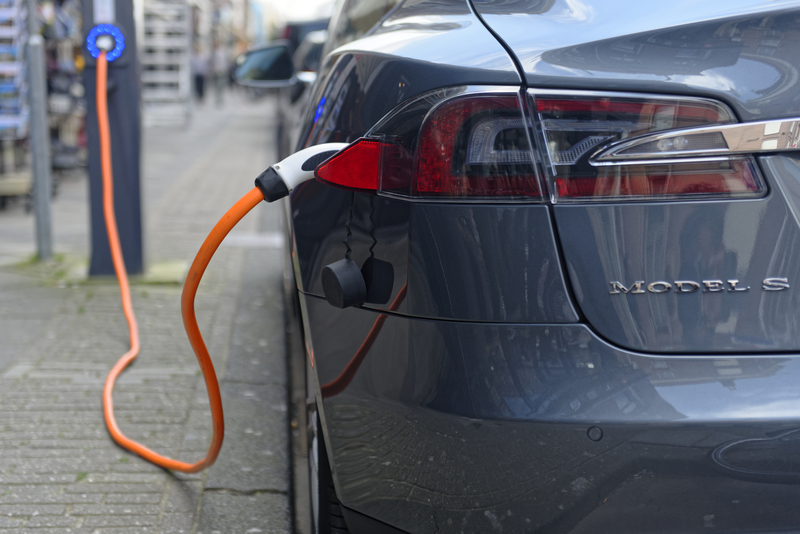
Electric cars offer numerous environmental benefits, primarily through reduced air pollution and a lower carbon footprint.
- Energy Security
- Costs
- Fuel Economy
- Emissions
How Do Electric Cars Reduce Pollution?
- Electric cars reduce pollution by eliminating the tailpipe emissions associated with gasoline vehicles. This reduction in greenhouse gases and pollutants like nitrogen oxides and particulate matter significantly benefits air quality and public health.
EVs are becoming increasingly accessible and practical for everyday use. While there are considerations to be made regarding their environmental impact, particularly concerning electricity generation, the benefits of driving an electric car are clear. They offer a cleaner, more efficient alternative to traditional vehicles, contributing to reduced pollution and a healthier planet.
Related Post: What is Green Energy?
Electric Car Efficiency FAQ

Q: How is electric car efficiency measured, and how does it differ from gasoline cars?
A: Electric car efficiency is typically measured in miles per kilowatt-hour (miles/kWh), a departure from the miles per gallon (mpg) metric used for gasoline vehicles. This measurement reflects how many miles an EV can travel on one kWh of electricity, offering a direct insight into its energy usage and efficiency.
Q: What factors can impact the range and efficiency of my electric vehicle?
A: Several factors can impact EV range and efficiency, including driving behavior (like speed and acceleration patterns), vehicle load, use of heating and air conditioning, terrain, and outside temperature. Optimizing these factors can significantly enhance your EV’s performance.
Q: How can I find out the efficiency of specific electric car models?
A: Efficiency information for specific electric car models can be found on the manufacturer’s website, in the vehicle’s manual, or on environmental protection and energy information websites. These sources provide detailed insights into the miles/kWh, helping you compare different models.
Q: Are there electric vehicles that are suitable for long-distance travel?
A: Yes, many modern electric vehicles are designed with long-distance travel in mind, offering extended ranges that can exceed 300 miles on a single charge. Fast-charging networks across countries also facilitate long-distance travel by allowing drivers to recharge their batteries quickly during trips.
Q: How does the electricity source for charging impact the environmental benefits of electric cars?
A: The environmental benefits of electric cars partly depend on the electricity used to charge them. If the electricity comes from renewable sources (like wind, solar, or hydroelectric power), the car’s overall carbon footprint is significantly lower. However, if the electricity is generated from fossil fuels, the environmental advantages are reduced, though electric cars still typically have a lower overall impact than traditional gasoline vehicles.
Do you Need Cheaper Electricity?
If you’ve taken the time to understand the information on your bill and discovered you’re paying more than you’d like for your electricity, have you looked around for a cheaper deal? The Energy Professor has a wealth of information on ways to save on your utilities, including details of top deals that could significantly reduce your monthly or quarterly electricity bills.
We hope you found this article helpful! If you are looking for ways to increase energy efficiency and sustainability in your home be sure to take a look at all of the latest renewable energy options in your area. The Energy Professor helps residential and small business owners find qualified energy suppliers in New York, New Jersey, Pennsylvania, Texas, Ohio, Maryland, Illinois, and Massachusetts.

